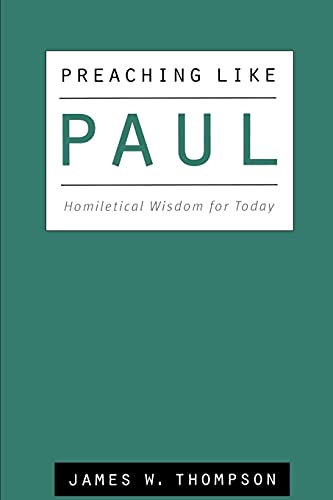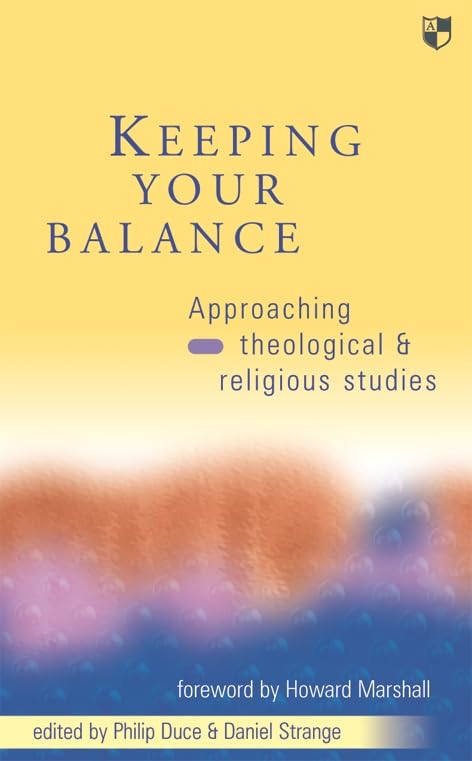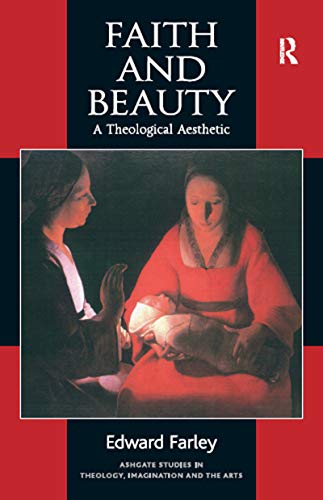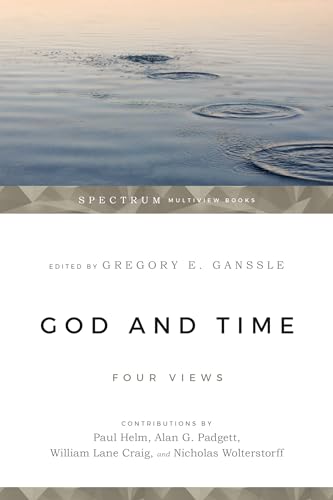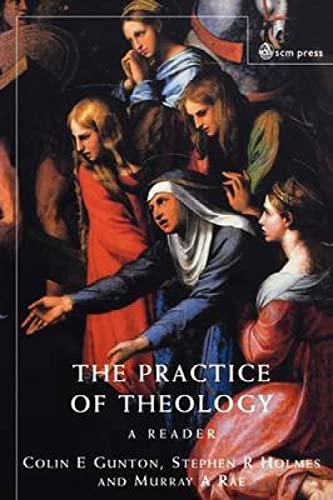ICHABOD TOWARD HOME. THE JOURNEY OF GOD’S GLORY
Written by Walter Brueggemann Reviewed By Brian KellyThis book began life as lectures to staff and seminarians at Princeton Theological Seminary in 2001 and is intended as an exposition of some of the themes outlined in the author’s Theology of the Old Testament(1997). As such it is an interpretative tour de force, clearly displaying the characteristic methods and predilections of this very distinctive scholar-poet. Brueggemann’s concern here is with ‘what the church does and is to do when it stands before a biblical text’ (2). The text in this case is the ‘Ark narrative’ of 1 Samuel 4–6, the account of the capture of the ark of the covenant, the conquest of Dagon and eventual return of the ark to Israel. The narrative is interpreted with considerable imaginative construal and rhetorical flourish. Great attention is given to intertextual echoes and references, in following the themes of exile, God’s glory, the character of divine presence and sovereignty, and Israel’s testimony to Yahweh.
This is not exegesis or commentary of any conventional kind (whether historical-critical or confessional), but is part of Brueggemann’s own project or hermeneutic of ‘evangelical imagination. This denotes a (supposedly) anti-foundationalist, post-modern way of reading the Bible in search of better ways of construing reality than those on author must also distinguish his approach from that of other prominent. Protestant thinkers whom he labels ‘foundationalist’: Bernhard Anderson who interprets biblical faith through the prism of history; James Barr who insists upon modernist, Enlightenment rationality; and Brevard Childs whose canonical approach contrasts with Brueggemann’s insistence on unresolved, conflicting and competing voices in the text of Scripture (108–113). However, all of these views, Brueggemann’s included, are posited on the understanding that the OT is Israel’s testimony about Yahweh. There is no engagement with evangelicalism’s historic theological insistence that the Bible is also God’s self-testimony. Such a view would doubtless be unmasked as ‘ecclesiastical authoritarianism’.
Brueggemann perceives the dominant reality and danger in modern Western culture to be what he describes elsewhere as a matrix of sophisticated violence and repression. In the present work he adds to this picture the denial of loss and grief in modern life, and the consumerist, escapist (and narcissistic) institution of ‘the weekend’.
His goal, therefore, is to awaken the contemporary Western ‘mainline’ (old line?) Protestant Church to an appropriate response in a post-liberal and post-Christian society. Brueggemann seeks to provide preachers with an alternative vision or ‘subversive reality’ to challenge the false claims of the dominant ideology. The church’s engagement with the text (whether in preaching or group Bible study) is ‘guerrilla theater’ that resists and undermines the regnant ideology with a testimony to God’s new and surprising acts, that stimulates the imagination.
Much that is said here is fresh and arresting, but it comes at too high a cost for developing a consistent and justifiable theology. Because of his epistemological scepticism, Brueggemann never engages either with the ontological and historical realities that must lie outside the test if it is to be true, or with the unified worldview that historic Christianity has always found within it. The NT scholar, Stephen Noll has observed that the post-modern approach to texts typically displaces imagination from the realm of aesthetics into the realm of truth. Whereas imaginative features of the Bible have traditionally been seen as adornment of its doctrine, in post-modern theology the Bible is rendered imaginatively as ornamentation to the tenets of radical politics. As critics have noted, Brueggemann’s own prior and governing commitment (foundation?) is to a kind of theological liberationism, undergirded by Norman Gottwald’s quasi-Marxist socio-political analysis of the OT.
Brian Kelly
Canterbury



